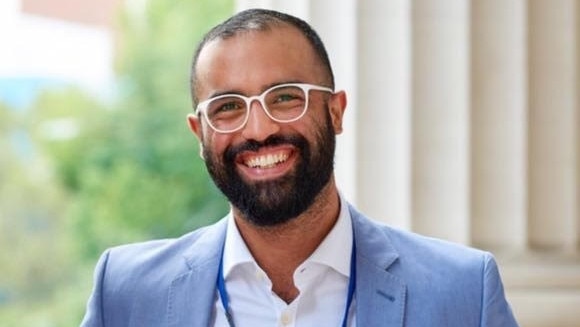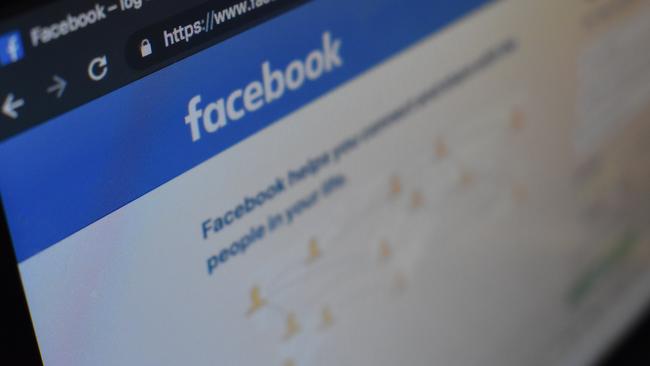Major flaw in new disinformation law
Instead of reining in social media giants, the government’s new law is letting them police themselves. We know what happens when we ask the fox to guard the henhouse, writes senior lawyer David Mejia-Canales.
National
Don't miss out on the headlines from National. Followed categories will be added to My News.
The internet is flooded with lies that are hurting people, from fake election claims to dangerous health myths.
The Albanese Government’s new disinformation law is supposed to tackle this, but here’s the problem — it doesn’t have the muscle to make real change.
Instead of reining in social media giants, it’s letting them police themselves. We know what happens when we ask the fox to guard the henhouse.
The Government’s new law relies heavily on digital platforms like Facebook and YouTube to regulate themselves and if (or rather, when) this fails, an independent regulator to step in and set the rules that platforms must follow.
But self-regulation is a failed formula. We’ve tried it before, with supermarkets and banks, where companies promised to follow their own codes of conduct. Spoiler alert: they didn’t.
Social media companies are no different. Their business model is built on keeping us hooked, and nothing hooks us more than cons, controversy, and conflict.

How can we expect these companies to crack down on the content that fuels their profits? It’s the same reason we don’t let junk food companies set their own health standards — they simply can’t be trusted to do what’s right when it clashes with their bottom line.
The law’s intention is right, but it falls short because it doesn’t force these platforms to be open about how they really work. We need to know how their algorithms push lies onto our feeds and keep us scrolling, but this law doesn’t demand that transparency. Without that, it’s like trying to solve a puzzle without all the pieces.
Big tech platforms have a history of dodging responsibility.
Take Facebook, which has been caught dragging its feet when it comes to providing data that could help experts track how false information spreads. Without the threat of serious penalties,
they’ll continue doing the bare minimum to look like they care.
This isn’t just an online squabble — it’s about protecting people and our democracy. During the Covid-19 pandemic, misinformation about vaccines caused chaos, leading to dangerous conspiracy theories and even death threats to health workers.
Lies about elections fuel political violence and undermine trust in our democracy.

Some people are quick to shout that laws like this will trample on our freedom of speech. There is a risk that draconian regulation of places where people gather to communicate could disproportionately impact freedom of expression. But this proposed law is not that. Freedom of speech does not mean freedom to hurt others.
Addressing the unchecked spread of harmful disinformation that is wrecking lives is a worthy legislative pursuit, entirely consistent with freedom of expression.
That said, the law misses a crucial element. It needs to prioritise the protection of all human rights to ensure it balances free speech with the responsibility to prevent harm. Right now, it’s missing that key balance. Without strong human rights protections built in, the law risks being toothless, and worse – ineffective.
Every day disinformation spreads like wildfire, damaging lives, dividing communities and eroding democracy. We’re already seeing the consequences — vaccine lies, hate speech, political division. The longer we wait, the worse it gets. It’s like a leaky pipe — if we don’t fix it now, we’ll be drowning in a flood of lies.
Our human rights, public health and democracy are all on the line. If the Albanese Government truly wants to clean up the mess of misinformation online, we need stronger laws that hold social media companies accountable and force them to be transparent. That’s how trust and safety for people online can be restored in Australia.
David Mejia-Canales is a senior lawyer at the Human Rights Law Centre.
More Coverage
Originally published as Major flaw in new disinformation law




